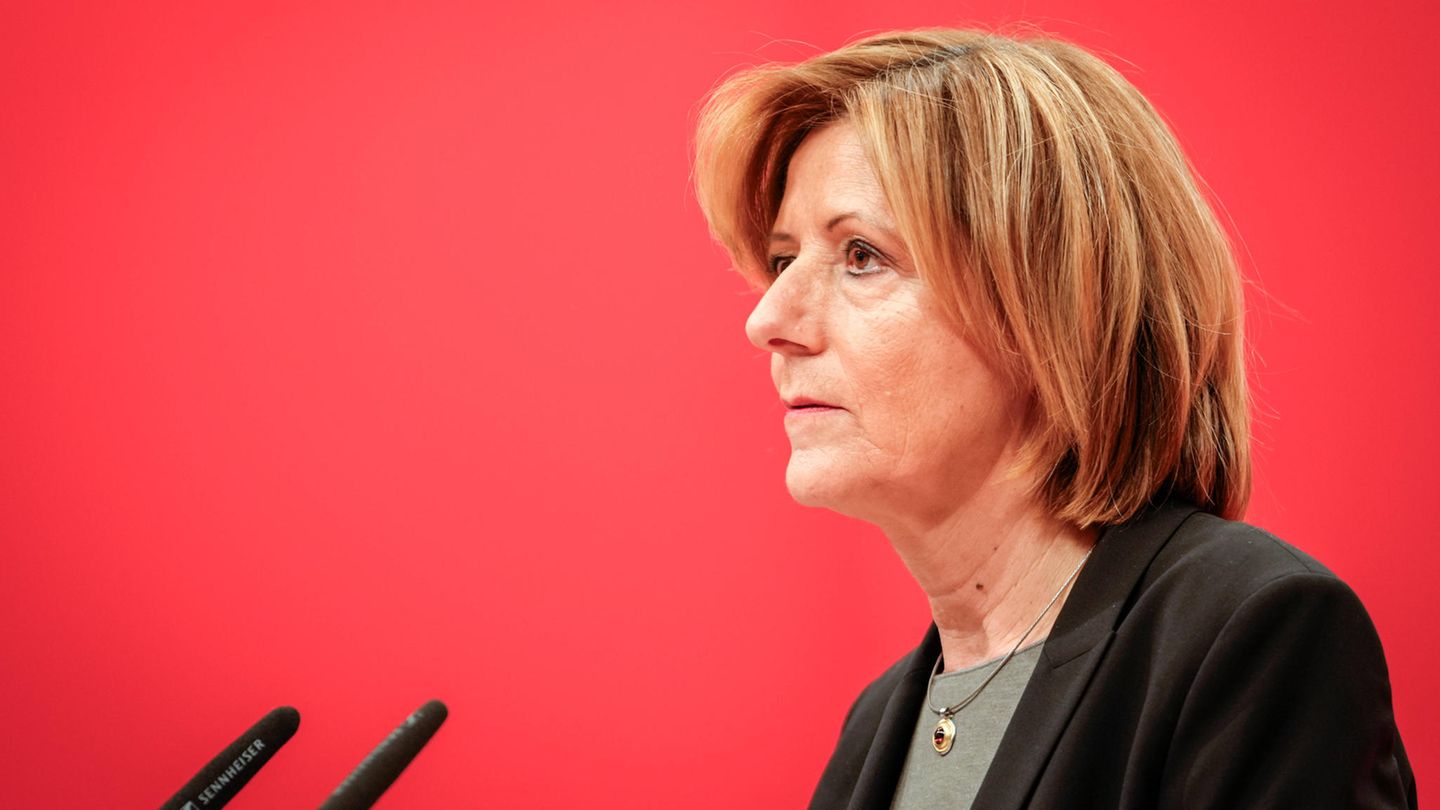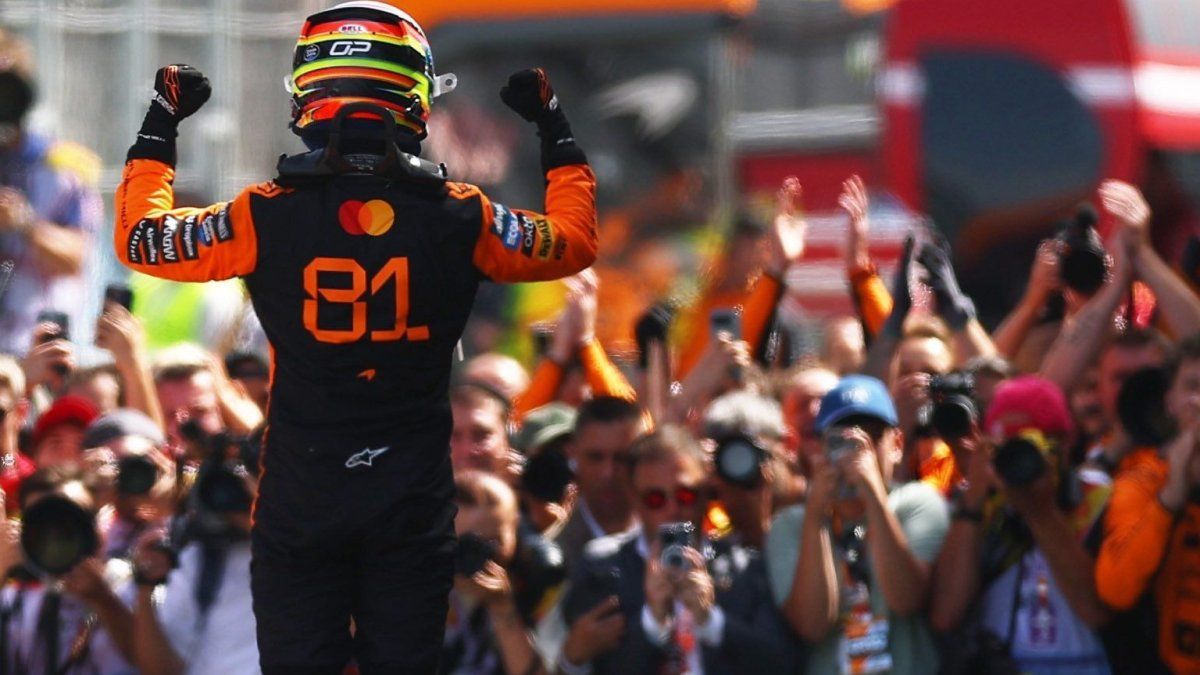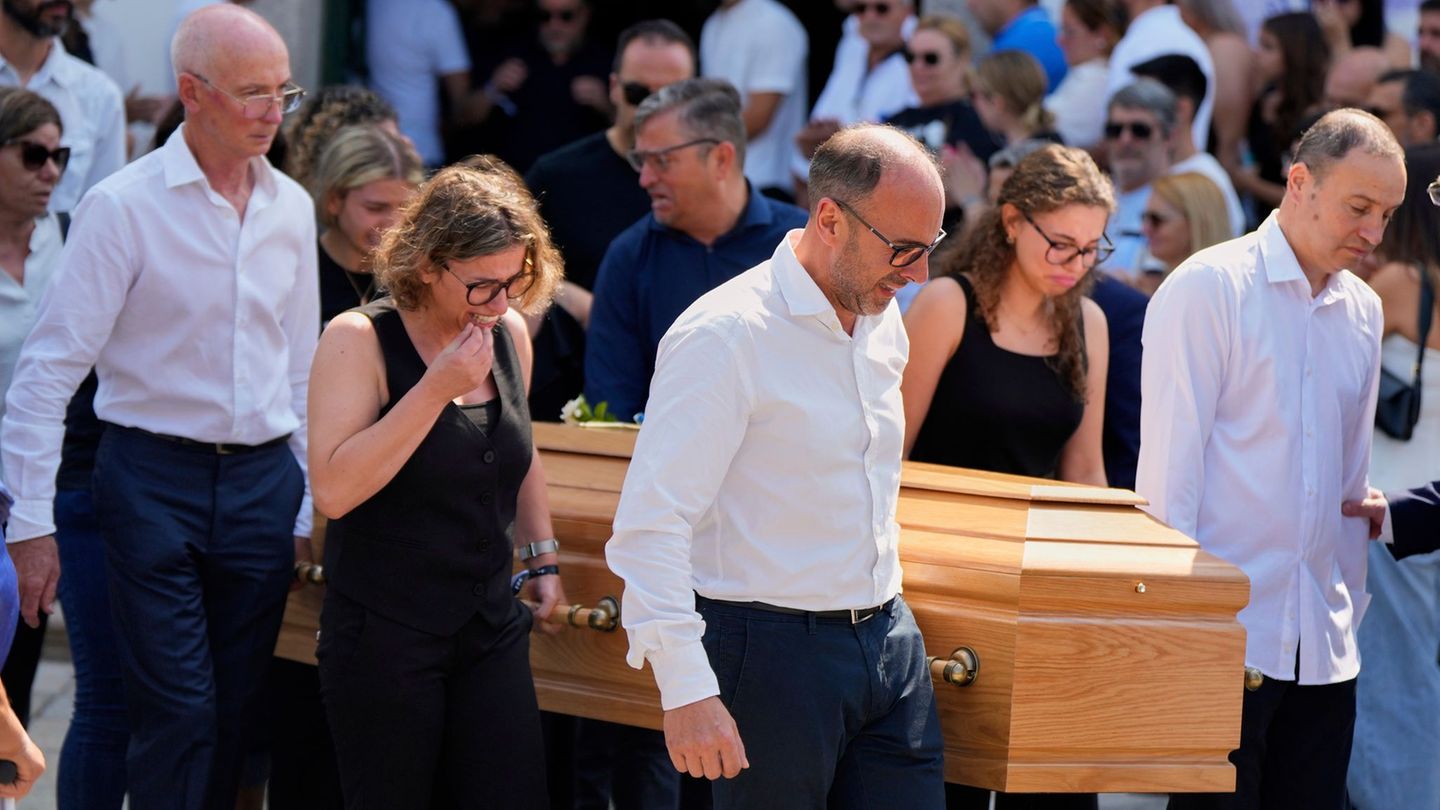Malu Dreyer’s political style stood out beyond Rhineland-Palatinate. She always kept her distance from Berlin – partly for very personal reasons.
This one sentence alone says a lot about her. “Unfortunately, my batteries don’t charge as quickly anymore,” says Malu Dreyer this afternoon in Mainz. Open, honest, direct. Her message: It’s not going on anymore. Politics is over.
Malu Dreyer was Prime Minister of Mainz for more than ten years. But her influence not only extended far beyond Rhineland-Palatinate. In a certain sense, she also had an impact through offices that she did not actually hold.
Dreyer was the party leader that an ever-insecure SPD could have used but never got. Dreyer would probably have strengthened any federal cabinet politically. Malu – actually Marie-Luise – Dreyer would probably have made a good first federal president.
She has renounced all of that. But the fact that she was trusted to hold the office alone made Dreyer more important in German politics than other prime ministers. Her departure is very painful for the SPD. The Social Democrats no longer have many identity figures.
resignation
Stages in Malu Dreyer’s career
Malu Dreyer, 63, a trained lawyer, was an institution during her years as head of government, which are now coming to an end: popular in Rhineland-Palatinate, respected by her colleagues in the other state capitals, valued in Berlin.
Why did Dreyer always stay in Mainz?
She joined the SPD in 1995 and, as deputy party leader, always represented social policy positions, but combined them with the Prime Minister’s sense of reality. She maintained a good political and personal relationship with Angela Merkel, Chancellor for eight of Dreyer’s eleven years in office.
It was probably a mixture of reasons that always led Dreyer to stay in Mainz – apart from a short period as interim leader of the SPD after Andrea Nahles resigned. Dreyer was very important for the Rhineland-Palatinate SPD. The Social Democrats’ last victory in the 2021 state election was above all a personal success for the Prime Minister. Now she is choosing the time of her departure herself. Just as Merkel did as Chancellor.
Her designated crown princes, among whom the former Minister of Labor Alexander Schweitzer has now prevailed, had to hold out for a long time, some of them having already failed in other tasks. As recently as February 2023, Dreyer left it open how long she wanted to continue to govern: “My predecessor was in office for 18 years, which is hard for me to imagine. But at the moment, quitting is not an option for me.”
Your SPD is in a difficult phase
Dreyer had also watched her predecessor and supporter Kurt Beck go under as SPD leader in Berlin. His fatherly style did not fit into federal politics, his own comrades abandoned him, some of them actually fought him. Dreyer did not want to risk such a hell ride – probably also because of her multiple sclerosis, although she admitted in an interview with the star When asked in 2022 what she could not do because of the illness, she replied: “It doesn’t matter at all in the job.”
However, she added: “When I’m out and about with a group of politicians – especially in Berlin, they sometimes move at quite a pace – I say beforehand: Guys, I can’t run that fast, don’t run away from me.”
Dreyer is handing over the office at a difficult time for the SPD. Her state party is unsettled, the result in the European elections was miserable. As popular as Dreyer was, her time in office did not run smoothly. In recent years in particular, things have been a bit chaotic.
She is leaving with a heavy heart, “because I am not tired of office,” Dreyer said on Wednesday. “I am leaving with a heavy heart because I have to admit that my strength is no longer sufficient to meet the demands and expectations that the citizens can place on me.”
Dreyer had to survive several political scandals – some of them were inherited by her predecessor, such as the waste of taxpayers’ money at the Nürburgring, others were caused by her own people, such as the chaotic privatization of Hahn Airport.
However, nothing is hitting Dreyer’s government as hard as the poor management of the flood disaster in the Ahr Valley in 2021. Due to the delayed response to the disaster, Interior Minister Roger Lewentz had to resign, and Dreyer herself was also accused of not having taken the flood seriously at first. However, she rejected personal consequences. A committee of inquiry is still working on the investigation, and the taking of evidence was completed in February. The final report is to be debated in the state parliament before the summer recess.
Now Alexander Schweitzer has to lead the traffic lights in Mainz
By then, Dreyer’s successor, Alexander Schweitzer, will be leading the coalition of SPD, Greens and FDP in Mainz that was seen as a model for the traffic light coalition in Berlin. But the similarities in political style remained minimal.
“In Rhineland-Palatinate, we try to resolve conflicts in the background,” Dreyer once said of her coalition. “And we have agreed never to agree on the lowest common denominator; the best outcome for the country must always be achieved.” Neither of these things has yet been implemented in the coalition at the federal level.
Nevertheless, the loyal comrade Dreyer always defended the chancellor and party friend. She was not surprised that things would not be easy with the traffic light coalition in Berlin, she once said. “That has to do with a completely different media landscape, there are many, many more MPs, and the government has huge problems to tackle.” She said of his leadership style: “He has his own way, his own humor, his own way of speaking. He has his own way, everyone who voted for him knew that.”
Source: Stern
I have been working in the news industry for over 6 years, first as a reporter and now as an editor. I have covered politics extensively, and my work has appeared in major newspapers and online news outlets around the world. In addition to my writing, I also contribute regularly to 24 Hours World.




